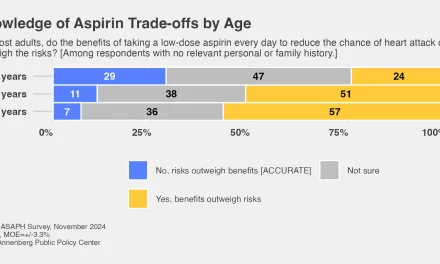Delhi, India – Lung cancer is increasingly affecting non-smokers in India, with air pollution emerging as a significant contributing factor, according to medical experts. The warning comes amid persistently poor air quality in the national capital, Delhi, where residents have endured over a week of hazardous pollution levels.
On Thursday morning, Delhi’s Air Quality Index (AQI) showed a slight improvement, registering at 379, which falls in the “very poor” category. However, several areas of the city continued to record “severe” AQI levels above 400, according to the Central Pollution Control Board (CPCB).
Experts link the surge in lung cancer cases among non-smokers to prolonged exposure to particulate matter and toxic air pollutants. Dr. Ashish Gupta, Chief of Medical Oncology at Unique Hospital Cancer Centre, explained that pollutants like PM2.5 can trigger genetic mutations in lung cells, leading to cancer.
“While smoking has traditionally been the primary risk factor for lung cancer, non-smokers are now increasingly vulnerable due to exposure to air pollution, radon, asbestos, and secondhand smoke,” Gupta told IANS. He added that lung cancer in non-smokers often presents differently, with fewer symptoms initially, leading to delayed diagnoses.
A recent study published in The Lancet’s eClinical Medicine Journal revealed a troubling trend: most lung cancer patients in India are non-smokers. Additionally, the disease manifests about a decade earlier in Indian patients compared to those in Western nations.
Dr. Rahul Bhargava, Principal Director of Hematology at Fortis Memorial Research Institute, emphasized the role of pollution in the rise of lung cancer cases. “Prolonged exposure to PM2.5 and toxic gases damages lung tissue, increasing cancer risk,” Bhargava noted.
Medical experts highlighted that the most common lung cancer type in non-smokers is adenocarcinoma, which typically develops in the outer regions of the lungs.
Health Impacts Beyond Cancer
The worsening air quality in Delhi is also driving a surge in respiratory disorders like asthma and Chronic Obstructive Pulmonary Disease (COPD). Dr. Harsh Mahajan, Chair of FICCI-Health and Services, reported a 20% rise in respiratory complaints compared to the previous month.
“Many patients experience pollution-induced inflammation, exacerbating preexisting conditions. Children, in particular, are highly susceptible due to their developing immune systems,” Mahajan said, cautioning about long-term complications from untreated symptoms.
Preventive Measures Urged
Amid the health crisis, experts urged citizens to adopt preventive measures, including:
- Wearing N95 masks outdoors.
- Limiting outdoor activities.
- Using air purifiers to improve indoor air quality.
“Monitoring symptoms like persistent cough, breathlessness, or chest pain and seeking timely medical assistance can prevent severe complications,” Gupta advised.
A diet rich in antioxidants and proper hydration were also recommended to boost immunity and mitigate the adverse effects of pollution.
While Delhi’s slight improvement in air quality offers a glimmer of hope, experts warn that sustained efforts are essential to address the underlying causes of pollution and protect public health from its long-term impacts.










